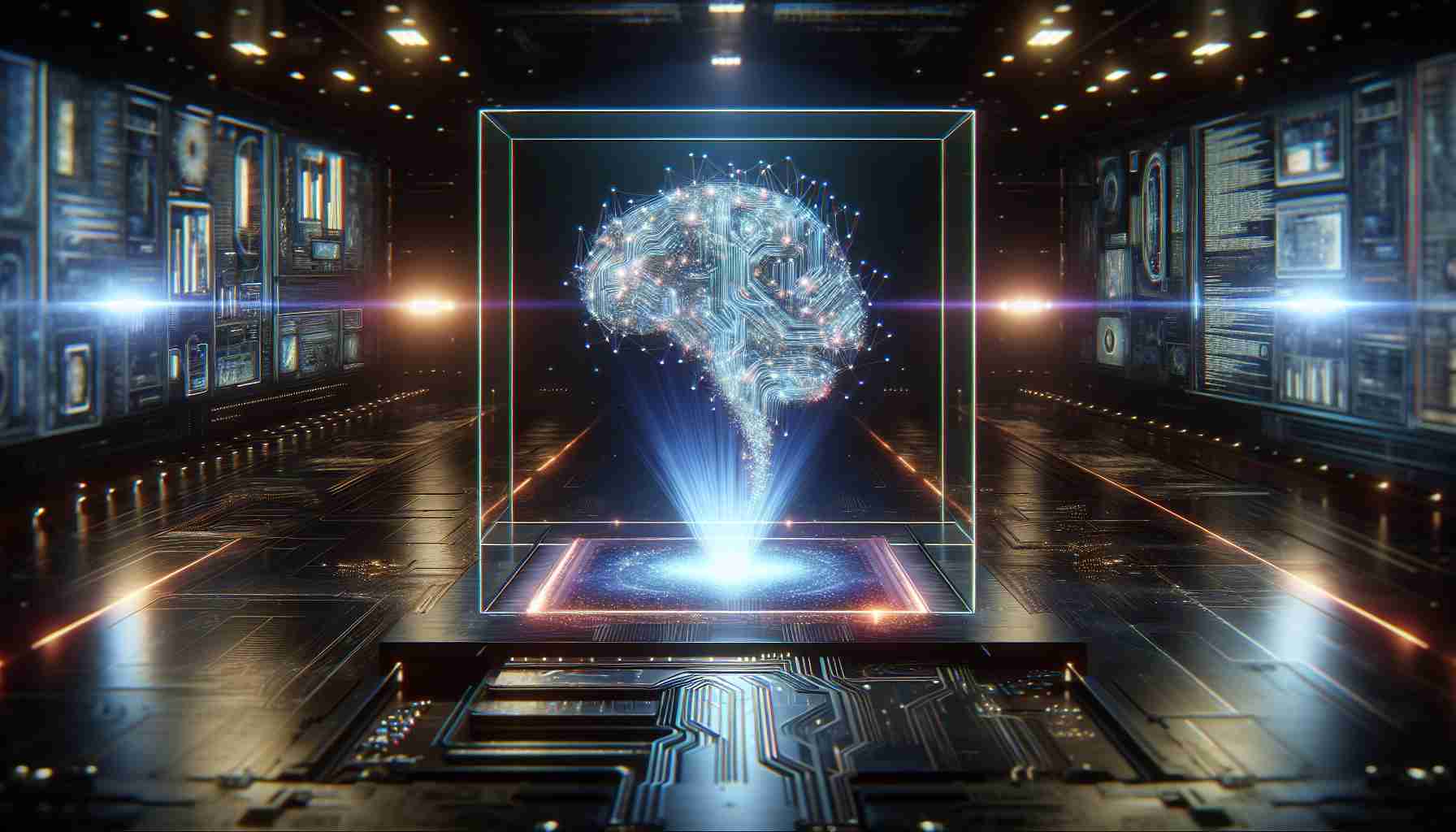Google Astra Unveiled as the Next Leap in AI Assistants
During the prestigious Google I/O conference in 2024, the tech giant unveiled its latest innovation – Project Astra. This AI assistant is set to revolutionize our interaction with technology, positioning itself as a personal digital companion.
A Deep Dive into Project Astra’s Capabilities
Project Astra is a remarkable breakthrough in the human-computer interaction landscape. This AI tool leverages a smartphone camera to perform an array of actions, from identifying various objects and individuals to remembering details stored in a database.
How Does Google Astra Operate?
Driven by Google’s next-generation Gemini technology, Google Astra offers a more fluid and intuitive way to engage with our environment. The Gemini framework is adept at analyzing large volumes of image, video, and audio data, enabling Astra to learn and adjust to the intricacies of its surroundings.
The Varied Features of Google Astra
Google Astra stands to reshape several facets of everyday life, from household management to workplace productivity.
1. Real-time Object and Person Recognition
Among its impressive features is the ability to recognize objects and individuals in real-time. Deploying the phone’s camera, the AI can pinpoint a variety of elements within any setting, such as apparel, furniture, and even plant life.
2. Contextual Memory and Recognition
Moreover, Google Astra’s ability extends beyond mere object identification; it also memorizes these objects. This functionality implies that the assistant can recall details after identifying objects, thereby facilitating a higher level of personalization and convenience for users.
Through Project Astra, Google invites us into a future where our interaction with the world around us is seamless, informed by a continuously learning and evolving digital companion.
Importance of AI Assistants
AI assistants have become a crucial aspect of modern technology, integrating into our everyday lives to facilitate convenience and efficiency. With Project Astra, Google is aiming to take this one step further by creating an AI that not only aids with information retrieval and task execution but also interacts with the physical world in a more profound way.
Foundation of Project Astra: Machine Learning and Computer Vision
Project Astra’s capabilities are rooted in advanced machine learning algorithms and computer vision techniques, enabling it to interpret and interact with its environment. These technologies are integral to the functioning of AI systems that require recognition and differentiation of objects, which allow for more personalized and context-aware services.
Key Questions and Answers about Astra
– What differentiates Astra from other AI assistants? Astra’s unique selling point is its use of smartphone cameras in conjunction with Gemini technology to recognize and remember objects and individuals in real-time, offering a more tangible interaction with the user’s surroundings.
– How can Astra impact daily life? Astra can aid in household management and workplace productivity by automating and simplifying tasks such as organizing schedules, finding lost items, and providing contextual information without manual searching.
Key Challenges and Controversies
– Data Privacy Concerns: With its advanced recognition capabilities, Astra may raise concerns about data privacy and the extent of information it can gather and store.
– Ethical Use of Recognition Technology: The ability to recognize and remember individuals raises ethical questions regarding consent and the potential for misuse of the technology.
– Dependence on Technology: The convenience of AI assistants can lead to an overreliance on technology, potentially affecting an individual’s ability to perform tasks without digital aid.
Advantages and Disadvantages of Google Astra
Advantages:
– Enhances productivity by performing complex tasks using simple voice or camera commands.
– Promotes a hands-free, efficient lifestyle allowing for multitasking.
– Continuously learns and adapts to the user, providing personalized assistance.
Disadvantages:
– Privacy risks through continuous data collection and processing.
– Potential decline in user’s cognitive abilities due to overreliance on AI.
– May exclude certain user demographics who are not as tech-savvy or lack access to the latest smartphones.
For further information on Google’s developments, visit Google’s official website. This link will take you to their main page where you can explore various services and innovations by Google, including Project Astra when more information becomes available.


